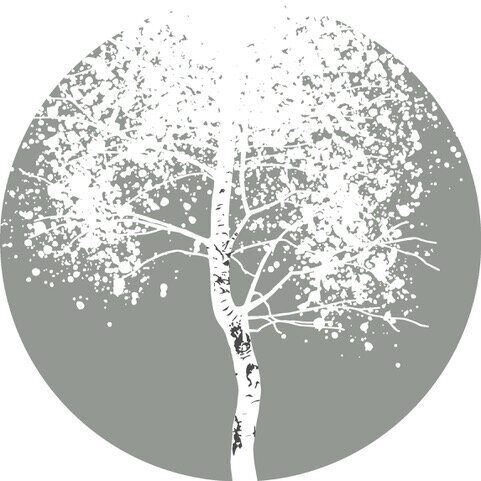Can we relinquish control?
/Have you ever been called a ‘control freak?’ I find it such an offensive term. Freak means unusual or out of the ordinary and usually refers to an idea, action or event. However, it’s also an archaic term used to distinguish a person as unusual or abnormal. The term control freak is meant as a criticism that shows a lack of understanding and compassion.
When you’ve experienced trauma, it settles in the nervous system and manifests in the mind and body in mysterious ways. One way is a need to be in control at all times. People who’ve suffered trauma might not engage in activities involving uncertainty or risk for fear of what may happen. Life’s experiences are only encountered within safe parameters.
It wasn’t until I listened to Glennon Doyle’s book Untamed, that I understood the need to control others however. The desire to control the behaviour or change the habits of others might appear to be for their benefit, but in actual fact, it stems from this need to feel safe.
Controlling others can arise because we can only control our own emotions if others behave in a certain way. The problem is this behaviour could be the cause of arguments and we might inadvertently push people away. Worrying arises when we doubt we will be able to remain in control or when we lack self belief. Mindfulness helps us to become aware of when we engage in unhelpful behaviours. It enables us to pause, step back and recognise that this is a need that doesn’t serve us.
We can’t enjoy life if we live it being afraid of what might happen. It’s a shame to have regrets. Taking opportunities, chances and risks will strengthen your nervous system and help build resilience. This was my intention this year and I’d say it is a work in progress but it certainly feels good to loosen the grip on those safety shackles. With time and effort, we can let it go.
We can return to safety by coming home to ourselves through Yoga and meditation. The safest position any human knows is the foetal position. Moving away from this place and returning to it enables us to gently open our window of tolerance to risk. Coming back to the present moment and asking, ‘am I safe?’ or ‘what’s the worst that can happen?’ might help us shift away from control and move towards a more open, confident posture that reflects safety in the nervous system.
If you need assistance to release yourself from fear based behaviours, get in touch and we can work privately to build your resilience over time.

